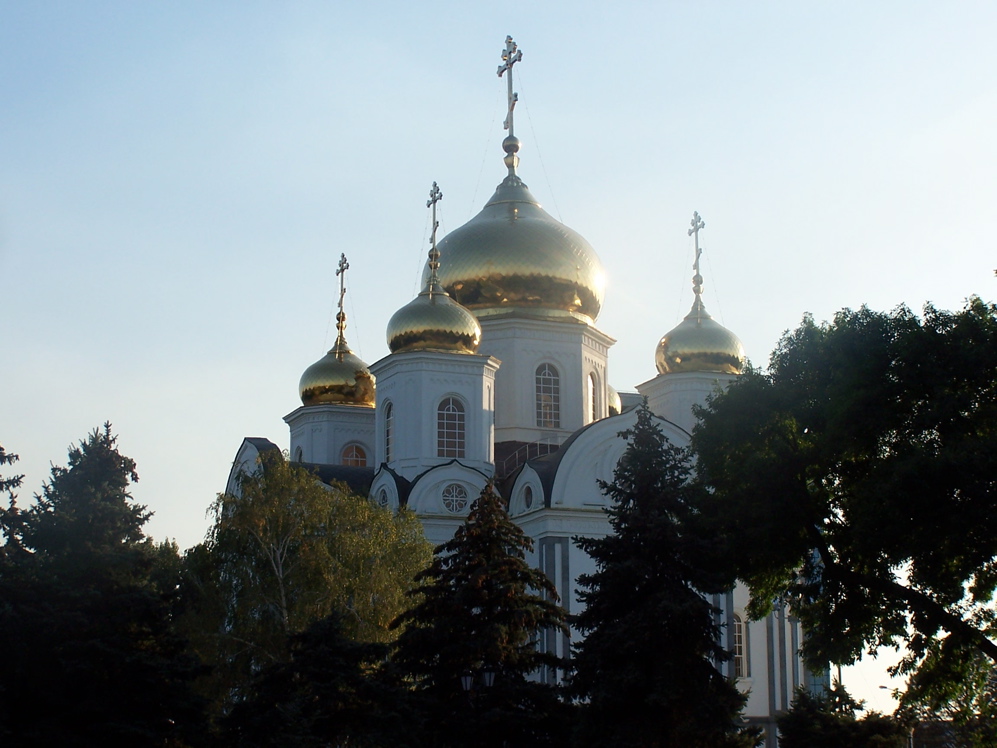Russian State University for Humanities’ Center for Religious Studies and ICLRS Co-sponsor Conference on Education, 31 March – 1 April 2008

With support from the Organization for Security and Co-operation in Europe (OSCE), the Russian State University for Humanities’ Center for Religious Studies and the International Center for Law and Religion Studies at Brigham Young University sponsored the conference “Religion and Education: Russian and International Experience,” 31 March – 1 April 2008 in Moscow, Russia. This conference provided a tremendous opportunity for Russian and international scholars to discuss questions of the role of religion in public education. Given attempts to introduce a course titled “Bases of Orthodox Culture” in some Russian regions, this was a timely and significant discussion. First, key Russian officials and scholars discussed the Russian situation. Alexander Chubaryan (Director of the World History Institute, Russian Academy of Sciences); Sergey Melnikov (Adviser of President’s Department of Inner Affairs); Father Vsevolod Chaplin (the Department for External Church Relations of the Moscow Patriarchate); a representative of the Russian Council of Muftis; and Elena Romanova (Representative of Ministry of Education and Science) brought varying perspectives to the questions. Representatives from the OSCE discussed European debates and the development of the OSCE Advisory Panel on Freedom of Religion or Belief’s Toledo Guiding Principles on Teaching about Religions and Beliefs in Public Schools. Speakers included Anastasia Crickley (Special Representative to the Chair in Office OSCE on Combating Racism, Xenophobia and Discrimination) and some members of the OSCE’s Advisory Panel on Freedom of Religion or Belief: Cole Durham (Director, ICLRS), Jolanta Ambrosewicz-Jacobs (Director, The Center for Holocaust Studies, Jagiellonian University, Poland), and Silvio Ferrari (Professor of church-state relations, University of Milan, Italy). Additional comparative perspectives were added by John Young (Professor, University of Northern British Columbia, Canada); John von Heyking (Professor, University of Lethbridge, Canada); Eric Morrow (Graduate Student, Baylor University, USA); Chris Marsh (Director, J.M. Dawson Institute for Church-State Studies, Baylor University); Peter Petkoff (Dr., Bristol School of Law and Balliol College, University of Oxford); and Fedor Kozyrev (Professor, Russian Christian Humanitarian Academy).
After intense and engaged discussion on the relevance and significance of international experience in Russia, further panels dealt with questions of curriculum content and development for teaching about religion and also methods, experiences and feedback of teaching religion. The conference concluded with a roundtable discussion on the subject of “Prospects and Challenges in Applying International Standards.” Other presenters and discussants represented the broad spectrum of religion and education in Russia and Commonwealth of Independent States countries, including Andrey Sebentsov (Head of the Department on Cooperation with Public and Religious Organizations of the Government of the Russian Federation); Vladimir Ryahovsky (Co-chair, Slavic Center for Law and Justice); Alexej Beglov (senior researcher of the World History Institute, Russian Academy of Science); Father Vladimir Fedorov (Russian Christian Humanitarian Academy); Granush Kharatyan, PhD (the senior researcher of the Institute of Archeology and Ethnography, National Academy of Science of Armenia); Olga Vasilieva (Professor, The Russian Academy of State Service at the President of Russian Federation); Mikhail Odintsov (Department of Ombudsman in Russian Federation); Elena Miroshnikova (Professor, Tula State University); Mikhail Zherebytjev (Professor, Voronezh branch of the Modern Academy of the Humanities); Agil Haciyev (Adviser on Freedom of Religion or Belief Tolerance and Non-Discrimination Programme OSCE Office for Democratic Institutions and Human Rights—Baku); and Pavel Korostylev (senior researcher at the Department of Philosophy at Moscow State University).
To see a copy of the original program, please click here.